Published: 10:25 Tuesday - January 24, 2012
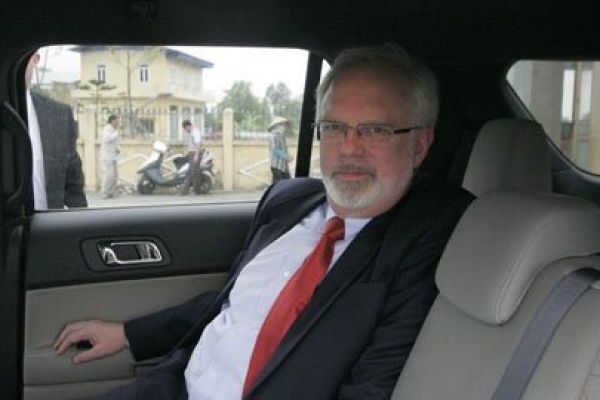
The US Ambassador told Phan that when he was the Vice Ambassador in Malaysia, he and his wife had a tour to Vietnam in 2007. They liked Hanoi in particular and Vietnam in general. He did not think that he would return to Hanoi as the US Ambassador. “I think I’m very lucky!” he said.
Leaving Malaysia, Mr. Shear returned to Washington to work for three years, covering the relations with China. One day, his boss summoned him to ask whether he would go to Vietnam and Mr. Shear agreed. “The memory about my short trip to Vietnam urged me to choose Vietnam. Friendly people, good food and beautiful landscapes, so why don’t I go to Vietnam?”
Huynh Phan: What had you known about Vietnam before you came here? More about the wartime or the peace time?
Mr. David Shear: Many old people in the US think more about the war when they think about Vietnam but that way of looking is changing, because of the change of generation.
I had learned both, both the past and the present of Vietnam. I understand Vietnam’s important geopolitical position.
Before I came here, I had studied Vietnamese language for two months. I plan to continue my studies next January. That my New Year Resolution of mine (smile).
I hope that before my term in Vietnam finishes, I can talk more easily with Vietnamese, not silly like the time I attended the hearing at the Senate Committee on Foreign Relations to get its approval on my status as the US Ambassador to Vietnam.
Huynh Phan: How was it?
Shear: I saw Senator Jim Webb, who would preside over that hearing, when I was walking along the corridor to the meeting room. I knew that he is very good at Vietnamese so I decided to speak a Vietnamese sentence, hoping to win his sympathy. At that time I had learnt Vietnamese for only a week.
When I shook his hand, I said formally: “Rat han hanh duoc gap chi” (I’m very pleased to meet you but ‘chi’ in Vietnamese is used for women). “It is correct to be ‘Rat han hanh duoc gap anh’ (anh is used for men)” he said.
Huynh Phan: Have you felt well during your time in Hanoi?
Shear: Very interesting. I have a very busy schedule.
I don’t know whether you have watched a two-minute video clip that I uploaded on Youtube several weeks before I came here. In that video, I said that one of my missions is being a representative of the US before the Vietnamese government and another mission is representing the US before the Vietnamese people. To realize that mission, I have to leave Hanoi to visit other provinces.
While waiting for the lunch at a restaurant, the ambassador’s driver invited him to try lid eugenia water. On the way back, Mr. Shear asked whether he could find Eugenia water in Hanoi.
Huynh Phan: Which provinces have you been to?
Shear: I’ve been to Da Nang twice, HCM City three times, and to Hoi An, Bac Lieu, Son La and Ninh Binh. I will try to visit all provinces in Vietnam to see people there and to get sufficient understanding about your country before my term ends.
What is the difference between the mission of being a representative of the US before the Vietnamese government and another mission is representing the US before the Vietnamese people?
I think that if I well combine between state diplomacy and people-to-people diplomacy, my work will be more effective.
Huynh Phan: How was local people’s attitude to you?
Shear: They were very friendly and hospitable. I always feel comfortable when I meet them.
Huynh Phan: Did you have the same feeling when you met officials?
Shear: Yes. In the last three years, the relations between two countries have been improved highly. Both sides feel easy to understand the viewpoint of each other and to cooperate more than they did in the past.
We have realized that we have common interests and the mission of an ambassador like me is how to help both sides to pursue the common interests.
I’ve met some high-ranking government officials and all talks were rather friendly. Our Deputy Secretary of State William Burns visited Vietnam several days ago. He met with the Vietnamese Prime Minister, the Foreign Minister and other high-ranking officials of the Vietnamese governments. All of these meetings were interesting and effective.
I think that we have great potential to develop bilateral relations, between the two governments and the two people.
You should note that there are around 15,000 Vietnamese students in the US. They are wonderful ambassadors of Vietnam in the US. When they return home, they will importantly contribute to Vietnam’s development. I mention this fact to emphasize the importance of people-to-people diplomacy.
(The car made a turn on Giai Phong Road, Hanoi)
I know that after this turn, we will get to the highway. Last week I went to Ninh Binh also on this road.
I visited the Phat Diem church. We tried milk goat meat at lunch. Fantastic! After that we entered Trang An Cave by boat.
Huynh Phan: Did you drink?
Shear: Oh, yes, also fantastic!
Huynh Phan: Wine with goat blood?
Shear: Oh, no. I did not dare to try it.
Huynh Phan: Do you know that the author of “A Quiet American” lied on the bell tower of the Phat Diem church?
Shear: Graham Green? Interesting.
Huynh Phan: In 1993, I took an American writer who was writing a book about Graham Green’s biography to the church. He asked to climb up to the bell tower to take photo because Graham Green lied there.
Shear: Until now I know that information.
Huynh Phan: You like the urban or country life more?
Shear: I wish that after I retire, I will have two houses, one in a city and one in the country. Have you been to Thai Binh?
Yes, three years ago, I went to Thai Binh with employees of a project on the participation of people in management at villages and communes.
Huynh Phan: You said that you’ve been to Son La. What do you think about the gap of development between that province and Hanoi?
Shear: Actually, I feel that gap but I also see Son La’s effort. I saw many motorbikes there and the fieldwork in valleys in Son La seems to be effective.
I want to return to the northwestern region and stay there longer because I was in Son La for only one day. And I also want to visit Dien Bien Phu.
That’s right. The next time you should visit the mountain area, where you will see less motorbikes and the life of locals is much more difficult.
My daughter is living in New York. She will go to Vietnam in January or February. She wanted to go to Sapa. Perhaps we will get a train to Sapa and stay there for a couple of day. My daughter joined us in the tour to Vietnam in 2007.
Huynh Phan: Combining state and people-to-people diplomacy is your own diplomatic philosophy?
Shear: No. All American embassies in the world follow that policy.
The Vietnamese Embassy in Washington and consulates in several states do the same thing.
Certainly, as an ambassador, I appear more often before Vietnamese people, at different events, as I’m doing in this trip.
But not only me, all employees of the embassy must do this mission at different events.
Huynh Phan: Do they have to ask for permission to speak at events?

Shear: I think we must have the Vietnamese government’s permission to visit somewhere but as I know, we do not need permission for making speech.
The most interesting thing is Vietnamese are very curious about everything in the relations between two countries. I’m also very interested in asking them about their thought and their concerns. After each trip, my knowledge about Vietnam is increased.
Huynh Phan: What do Vietnamese people often ask you about? Or, which kind of questions that you have to answer the most?
Shear: For example, when I see young people, I often have to answer how a Vietnamese youth can go to the US for studying or how to seek a suitable university, to get a visa or a scholarship… and we have tried to meet their demand through the embassy’s website, the offices of Education USA in Hanoi and HCM City.
I think that is the interest of urban youth. Studying in the US seems to be very far-away for young people in the countryside.
Even in Bac Lieu I also met young people who want to study in the US. Of course they also pay attention to drawing investment from the US.
Another concern of the Vietnamese I’ve met is how to improve Vietnam’s educational system. So one of my priorities is seeking ways to improve educational infrastructure and also healthcare infrastructure here.
Huynh Phan: I’m curious whether Vietnamese civilians who you met are interested in the strategic relations that the two governments are looking towards?
Shear: Yes, of course. The statement of Secretary of State Hillary Clinton in October 2010 in Hanoi, that the two countries wanted to build the strategic partnership relations, is the best sign for world about the improving relations between the two sides. We want the world to know that the two countries have very good bilateral relations, have common interests and both sides can benefit a lot from this relationship, not only in economics, education, healthcare, environment but also diplomacy and defense.
Huynh Phan: I read the US Embassy’s press release on the visit of Deputy Secretary of State William Burns to Vietnam, which said that the two sides are defining connotation of the strategic partnership concept. Do you think that the two sides have the same understanding about this concept? I’m sorry for that question but in fact, Vietnam has had strategic partnership relations with many countries, even Spain.
Shear: (Laugh) I think both sides understand clearly the true meaning of the Vietnam-US strategic partnership relations. In the coming time, both sides will work together to define specific fields. I would like to re-confirm that this is a comprehensive relationship, covering all fields.
Huynh Phan: Do you think that the Trans-Pacific Partnership (TPP) agreement will be an important element in the US-Vietnam strategic partnership relations?
Shear: In my understanding, Vietnam wants to deeper integrate into the global economy. Joining TPP will help Vietnam to realize that wish and moreover, to fully integrate into the global economy.
Huynh Phan: What do you think about the prospect of the signing of TPP within a year?
Chiefs of state of the countries that are negotiating for the TPP grouped up in Honolulu in October in the second summit. They committed to finalize TPP negotiation in 2012. That is a complicated process, with very broad door-open commitments so there are still many things to do. I believe that everything will be okay because chiefs of state committed to promote it in 2012.
Thing to do in Halong Bay Vietnam, Halong Cruise, Halong cruises, Travel to Vietnam, Vietnam Tourism, Halong bay Vietnam
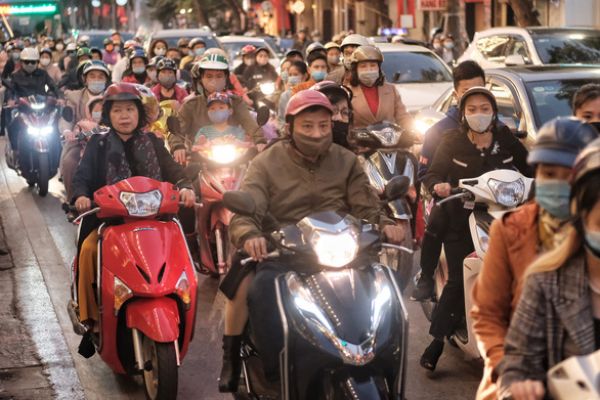
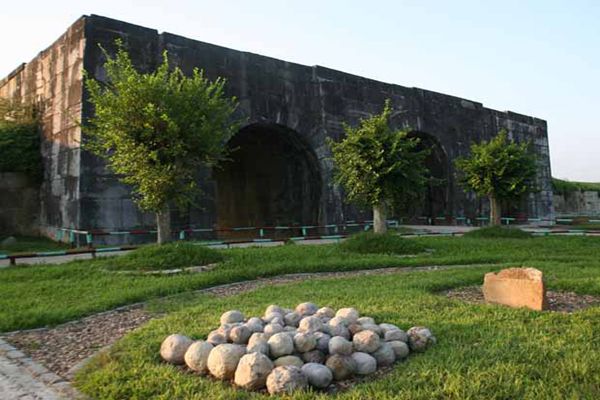
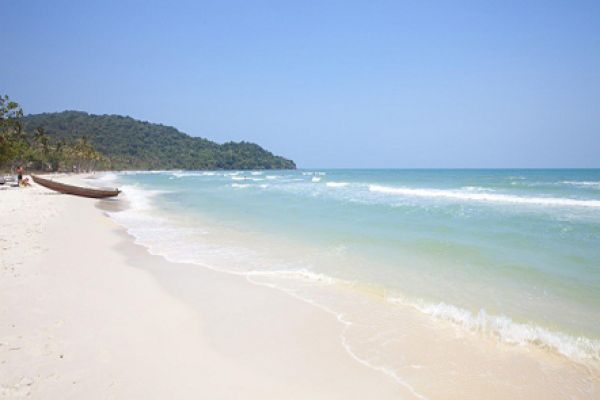
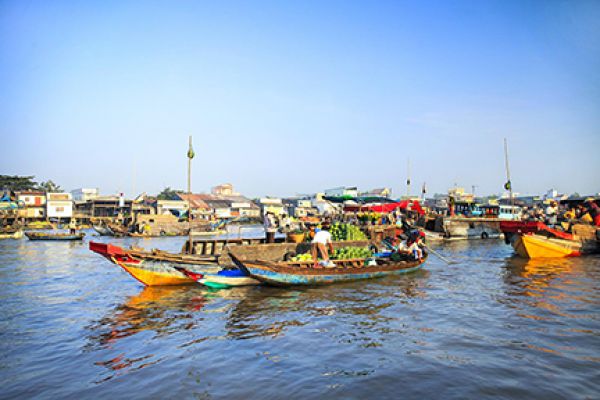
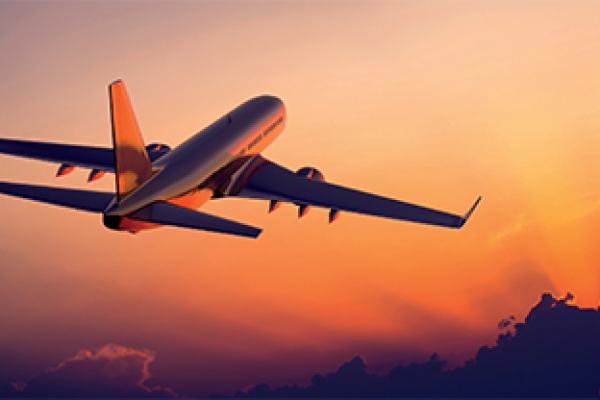
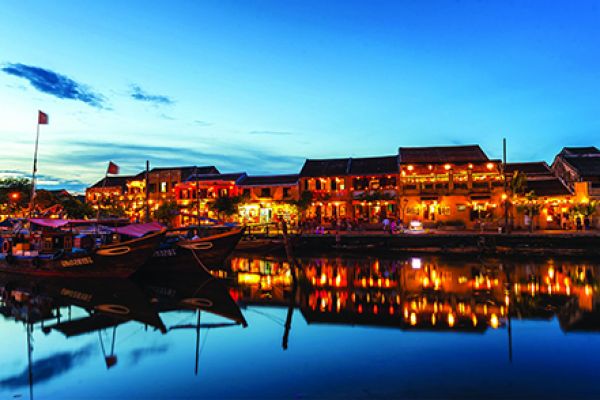
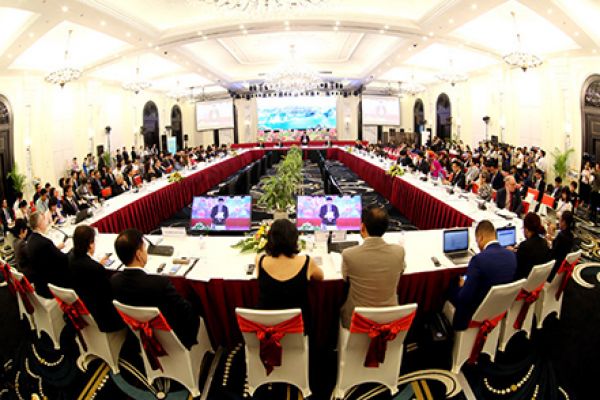
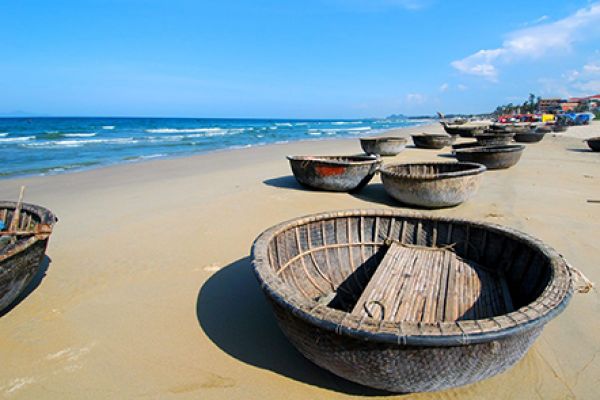
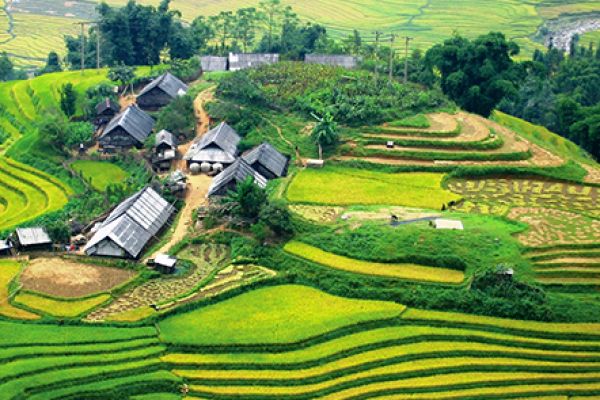
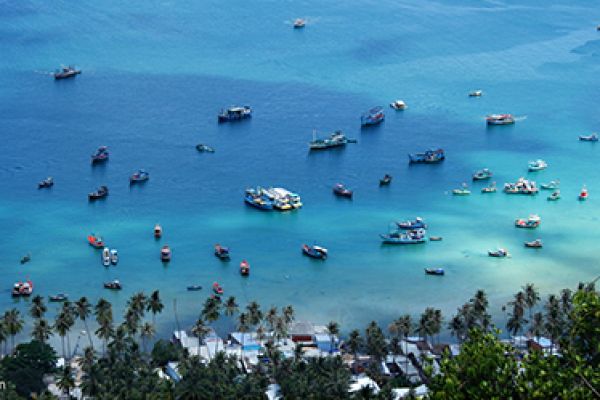
(84-63) 3 826042 – (84-63) 3 511142
No 54 Nguyen Dinh Chieu, Ham Tien Central Mui Ne Beach Binh Thuan Vietnam
523 To Hien Thanh District 10 Ho Chi Minh City Vietnam
Ha Long Halong City Quang Ninh Vietnam
A13 Hung Thong 2 Halong City Quang Ninh Vietnam




